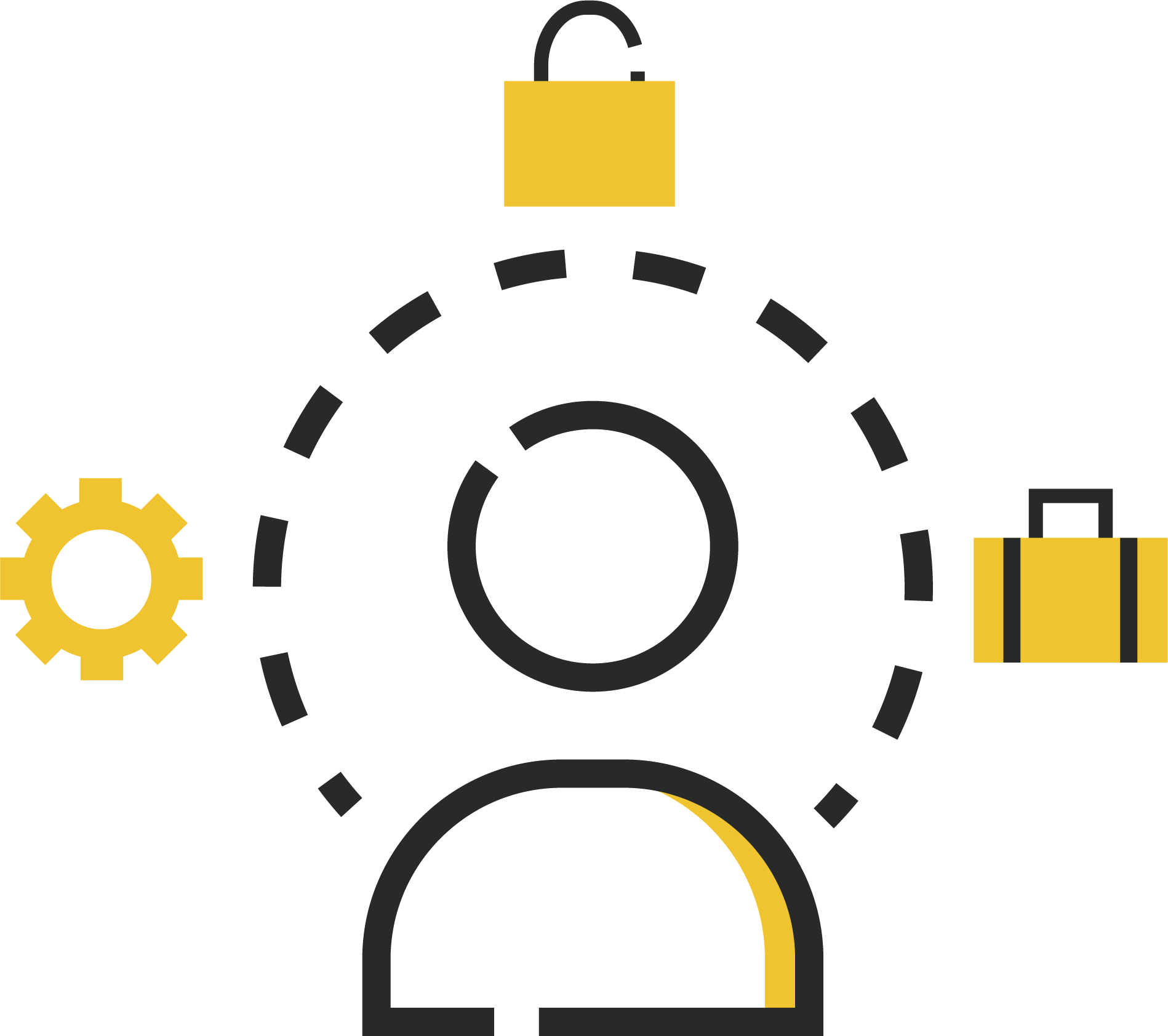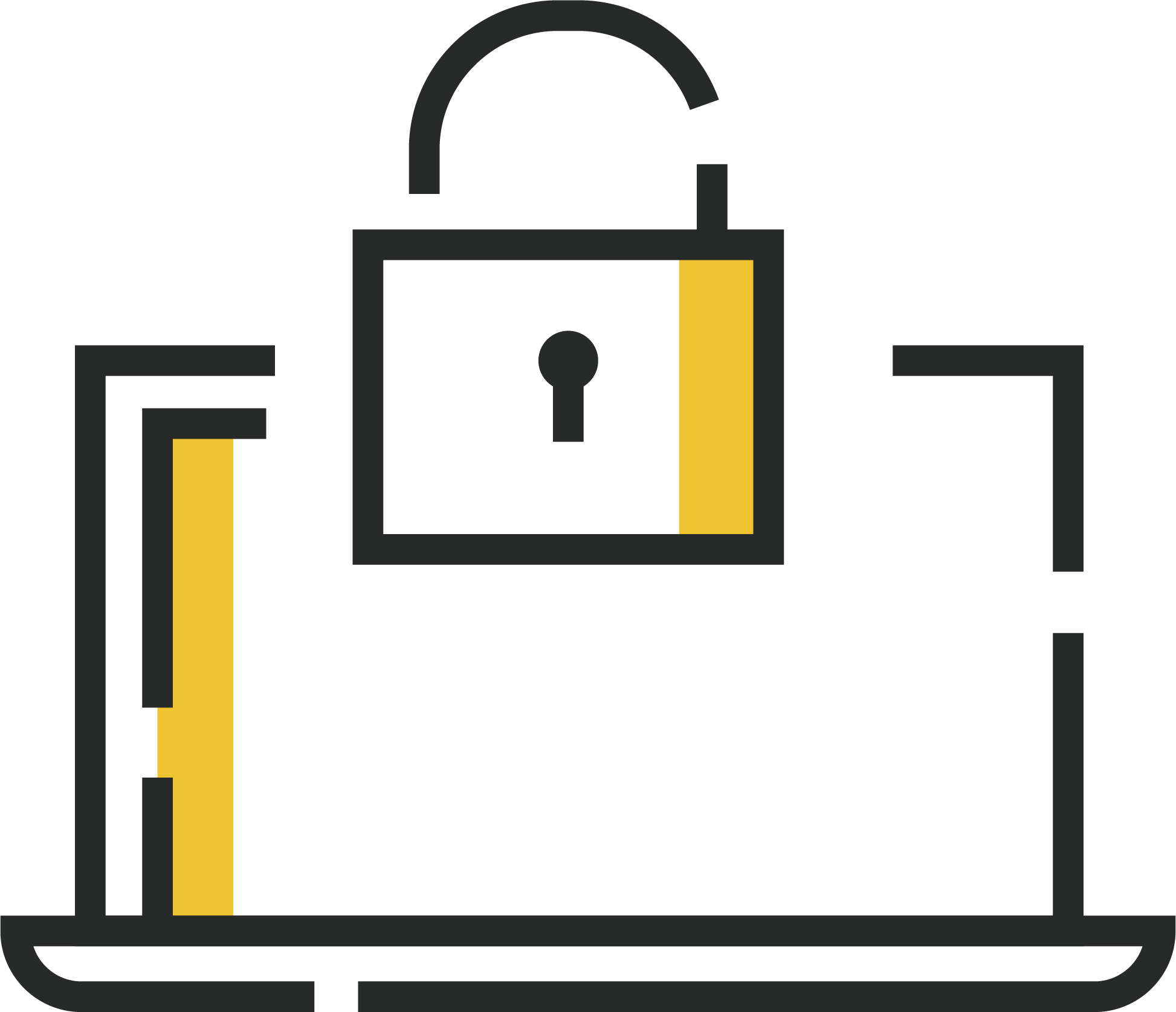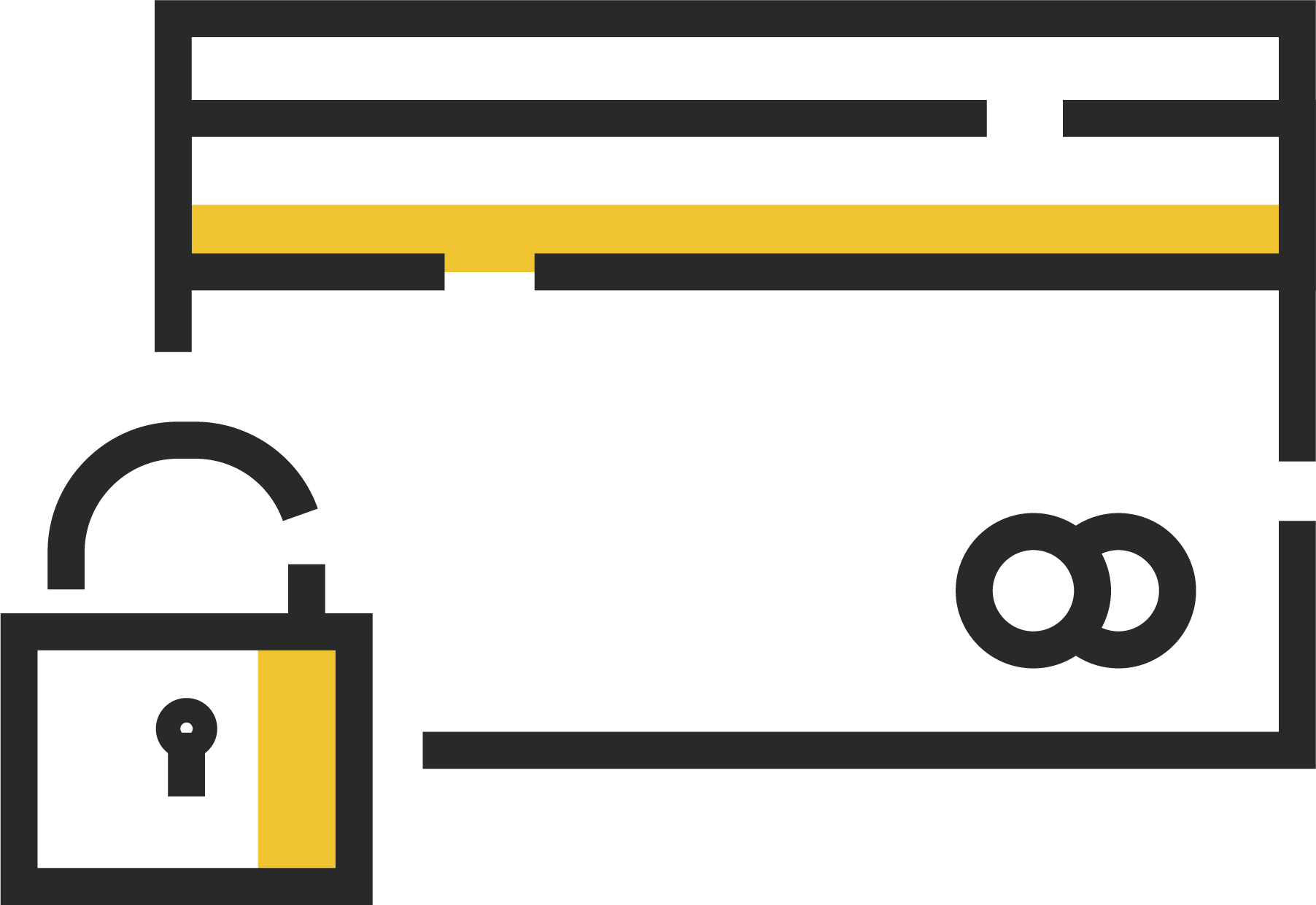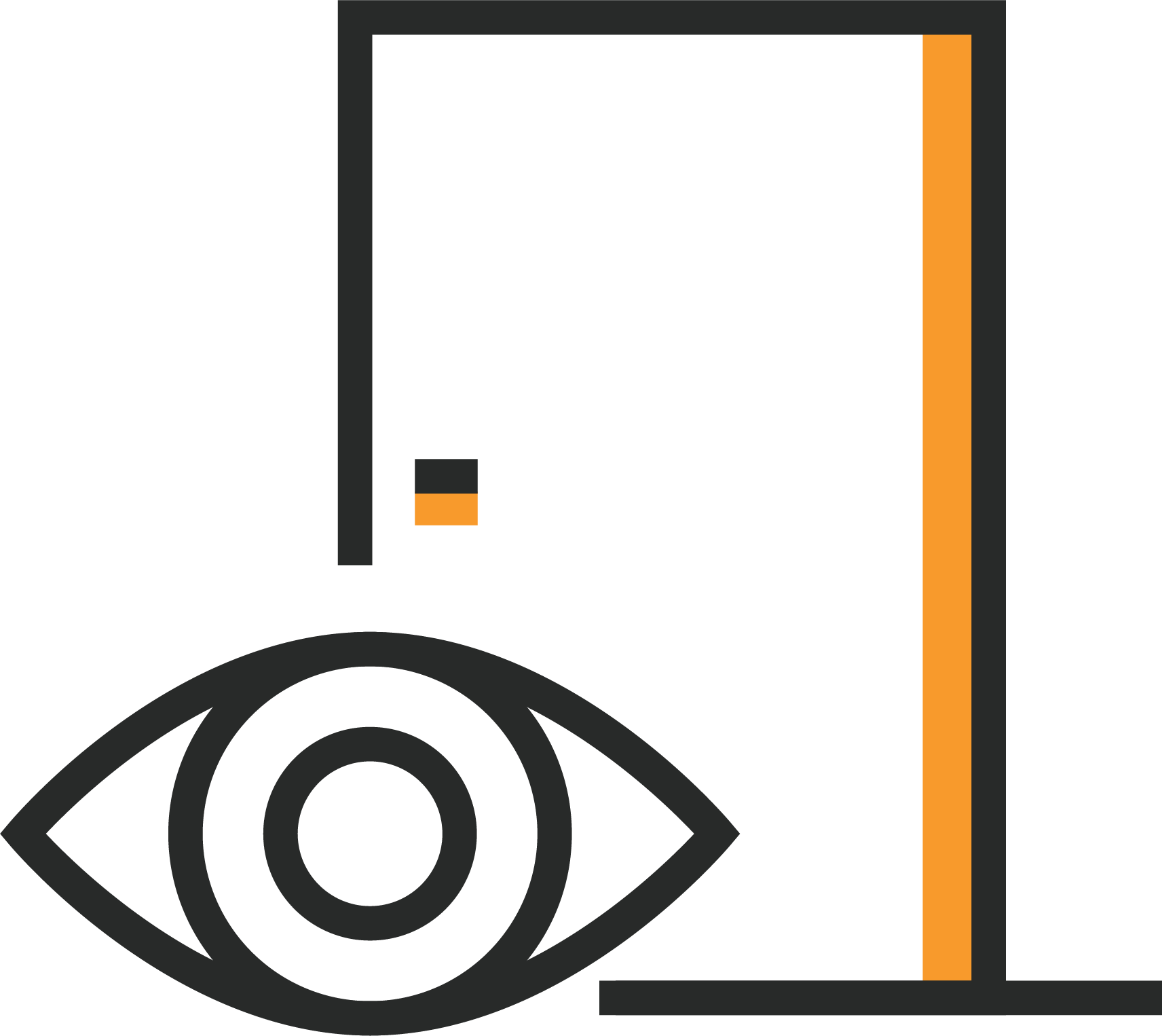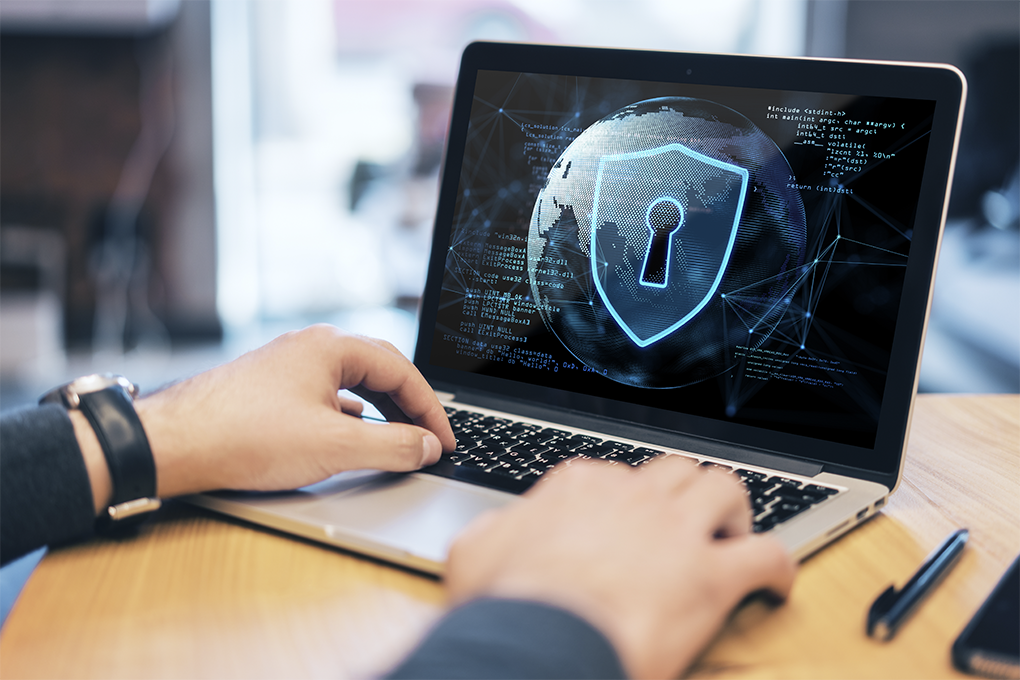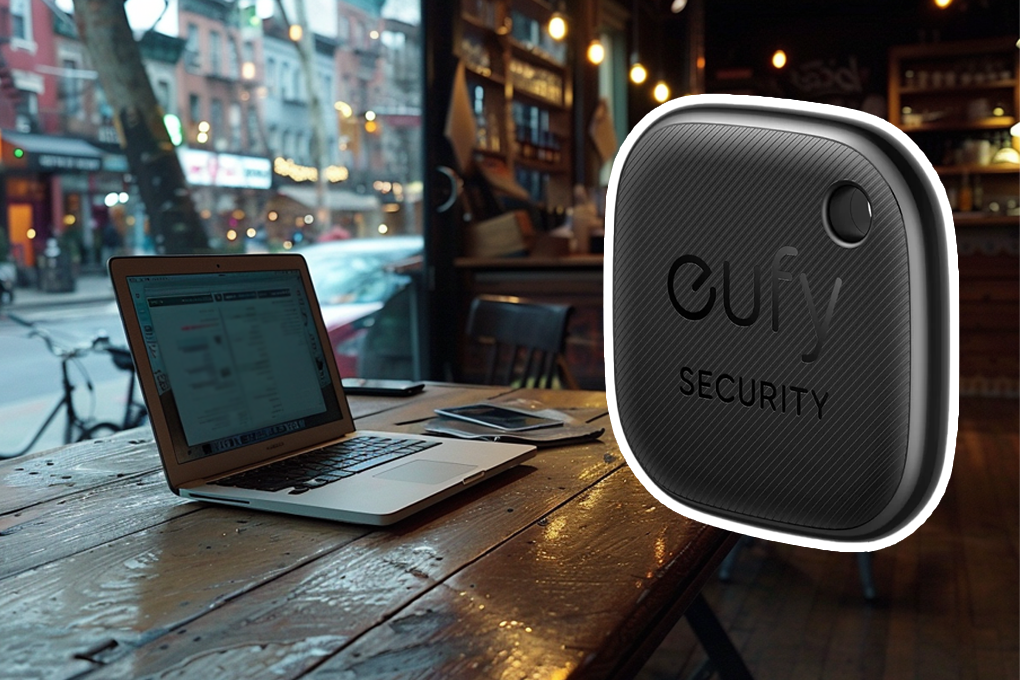Cyber bullying is becoming a rising concern, and according to official reports from Comparitech, anywhere between 47% and 55% of kids have reported being cyber bullied (depending on the age group). This same report also shows that up to 20% of cyber bullying happens over social media, with an overall 55% increase in cyber bullying since 2015.
Contents
- Key Takeaways
- Understanding Cyber Bullying and Its Impact on Kids
- Recognizing the Signs of Cyber Bullying in Children
- Steps to Protect Your Kids from Cyber Bullying
- Responding to Cyber Bullying Incidents
- Reviewing and Updating Cyber Bullying Prevention Strategies
- Protecting Kids from Cyber Bullying: Frequently Asked Questions
No parent wants to see their child bullied, and there’s nothing worse than having your child in tears because their peers aren’t treating them right. Cyber bullies hide behind their screens and are often impossible to find or even identify. Making it all the more difficult for parents to protect their kids from cyber bullies.
Today we’re going to look at some ways that you can protect your kids from cyber bullying.
Key Takeaways
- Cyber bullying is becoming an increasing concern in this digital age, especially for children.
- With the growth of technology, there is a need to increase protection for children and improve the safeguards in place to stop cyber bullying from happening.
- Some of the best ways to protect your kids from cyber bullying include recognizing the signs of it, educating your kids, and using parental controls, among other methods.
Understanding Cyber Bullying and Its Impact on Kids
Cyber bullying is the use of any kind of technology or digital communication tool, such as a cell phone, computer, or anything with an internet connection, to bully another person.
This could include sending text messages, instant messages, repeat calls, social media harassment, spreading rumors online, or posting embarrassing photos or content.
Cyber bullying generally involves any kind of hurtful and repeated actions that happen on a digital platform, with the intent of emotionally hurting the victim.
The Challenges of Cyber Bullying
The issue is that cyber bullying is different from traditional bullying, and it poses different challenges. Traditional bullying would usually happen at school or in a local neighborhood. If a child was bullied, they could notify their parents or a teacher, and that adult could then handle the issue directly.
However, in this new digital age, this is nearly impossible. The online nature of bullying today poses difficulties for parents, mainly in identifying who these bullies are and dealing with the situation. It can be nearly impossible to deal with cyber bullies because many are able to operate anonymously online.
Cyber bullying is also different when it comes to the number of people engaging in it. With traditional bullying, there might just be one or two children doing the bullying. However, with social media and how widespread it is, it’s easy for larger groups of children to bully a single child.
The Negative Effects of Cyber Bullying on Children
Whether it’s traditional bullying or cyber bullying, both can have serious effects on your child. Even if they aren’t being physically harmed through cyber bullying, they may still start to experience loneliness, anxiety, alienation, difficulty sleeping, nightmares, depression, aggression, declining grades, withdrawal from social life, emotional difficulties, and much more.
Recognizing the Signs of Cyber Bullying in Children
Something that we can’t stress enough is that maintaining open lines of communication with your children is very important. Kids often feel as though they can’t talk to their parents about cyber bullying.
Some kids might be embarrassed and others might feel as though there will be negative consequences if they tell an authority figure about the cyber bullying.
Therefore, you need to emphasize to your children just how important it is that they communicate with you if bullying is happening. Tell your kids that you’re always there to talk to them, that you’re never going to judge them, and that you’re always there to help them.
However, even if you do this, many children might still not open up about their issues, in which case it’s up to you to recognize the signs that your child is being cyber bullied. So, what are some of the common signs that your child is being cyberbullied?
- Your kids may start using their devices a lot more or less. Kids might be obsessed with their devices so they can constantly check messages and updates, or they might stop using their device altogether to avoid harassment.
- You might notice that they are emotionally distressed, whether sad, angry, or upset in any other way, after using their devices.
- If your kids start withdrawing from activities, friends, and family members, especially after using technology and being on social media.
- If there are unexplained changes in personality, behavior, and mood, it could be a sign that your child is being bullied or experiencing some other type of hardship.
- Mental issues can often relate to physical issues. If your child starts experiencing unexplained illnesses and pains, chances are that there is a deeper underlying issue.
- If your child is being bullied and is under emotional distress, you might notice that they stop eating properly, that they don’t sleep right, and that their academic performance declines.
Steps to Protect Your Kids from Cyber Bullying
The fact is that cyber bullying happens, and it appears to be becoming more prevalent as the years goes on. Realistically, there’s not all that much you can do to stop it, at least not 100%, but there are ways to protect your kids from cyber bullying, which we’re about to discuss below.
Step 1: Educate Your Children
The best thing you can do to protect your children from cyber bullying is to educate them on the matter. Sit them down and talk about what cyber bullying is, how to recognize signs of it, and how to avoid it. Let your kids know that cyber bullying is not okay, and that we don’t have to put up with it.
Make sure that your kids know that they have to report cyber bullying to the authorities, whether to you or their teachers. Step 2: Establish Internet Usage Rules
It’s a good idea to establish Internet usage rules. This can mean banning your children from using certain social media profiles, limiting the types of content they have access to based on their age, or limiting the amount of time spent on devices per day. Realistically, the more restricted the internet usage is for your children, the lower the chances of them being cyber bullied.
Step 3: Take Advantage of Parental Controls
Take advantage of parental controls to protect your children. There are special applications, such as this parental control system from Aura, which is designed to allow parents to monitor their children’s online activities.
Applications like these allow you to see what applications and websites your child is using, you can set time limits for specific applications, and you can even turn the Internet off when needed, among other beneficial features.
Step 4: Encourage Kids to Report Incidents
Kids might feel ashamed or are otherwise hesitant to report incidents of cyber bullying. However, you need to do everything you can to encourage your children to report these incidents. If incidents of cyberbullying are not reported, chances are that the bullying will just increase in frequency and severity.
Step 5: Keep Records of Incidents of Bullying
It is possible to take legal action if the cyber bullying is extreme, in which case you want evidence of it.
This means that you should keep clear records, including the times, dates, and exact nature of the bullying. This way, when push comes to shove, you have proof of what has been going on.
Responding to Cyber Bullying Incidents
How you respond to a cyber bullying incident is very important and determines how the situation will be resolved. So, what can you do to respond to cyber bullying incidents with your children?
Immediate Actions to Take
- Immediately document all instances of cyberbullying, with any and all information at your disposal.
- If your child comes to talk to you, listen to them and don’t judge them. Simply provide them with the best emotional support you can, and let them know that it’s nothing personal. Bullies will be bullies and it’s not your child’s fault.
- To ensure the safety of your child, you may need to take more drastic action, including blocking the bullies on social media, removing social media from your children’s devices, enhancing privacy settings, changing phone numbers, or even contacting the authorities.
How to Approach School Authorities About Cyber Bullying
If the cyber bully in question is a schoolmate of your child, you should immediately contact the school. Schools have extremely strict anti-bullying and zero-tolerance policies when it comes to this kind of thing.
If you’re going to approach your school about cyberbullying, make sure that you have all of the documented evidence possible, so it doesn’t look like you’re making unwarranted claims.
You should then discuss some kind of solution or plan of action to take, particularly with the teachers who are most involved with both your child and the bully in question. Of course, the teacher here needs to be cooperative as well. If you approach teachers in a civil manner and explain the situation, they should be willing to help.
Legal Considerations
The majority of jurisdictions have specific laws about cyber bullying, many with severe consequences. If your child is being cyber bullied and there are threats of stalking, sexual exploitation, violence, constant harassment, or any sort of illegal behavior, you should contact the authorities immediately. You may also want to consult a lawyer for legal advice.
Reviewing and Updating Cyber Bullying Prevention Strategies
The bottom line here is that to protect your kids from cyber bullying, you need to stay up to date. Do your research and stay informed about the newest cyber bullying trends and tactics.
Continuously monitor what your child is doing, as well as their behavior, and always update rules and various protective measures that you have set in place to protect your kids from cyber bullying, such as those parental controls we discussed above.
What it really comes down to is empowering your kids to be a part of the solution when it comes to combating cyber bullying. If your kids can recognize the signs of cyberbullying immediately, and they know how to react properly, then they themselves can put an end to it before the situation spirals out of control.
Protecting Kids from Cyber Bullying: Frequently Asked Questions
Let’s quickly answer some frequently asked questions about cyber bullying and your kids.
Is Cyber Bullying a Crime
In many jurisdictions, there are laws specifically against online harassment and cyber bullying.
What If My Child Won’t Talk About Their Online Experiences?
If your child won’t openly talk about their online experiences, you might be able to get them to talk to a friend or family member who is close to your child. You may also use parental controls on your children’s devices so you can monitor their online activities.
Can Schools Intervene in Cyber Bullying Incidents?
If cyber bullying involves students of the school, then yes, the school can treat it as it would a normal physical bullying situation and take action against the bully.
